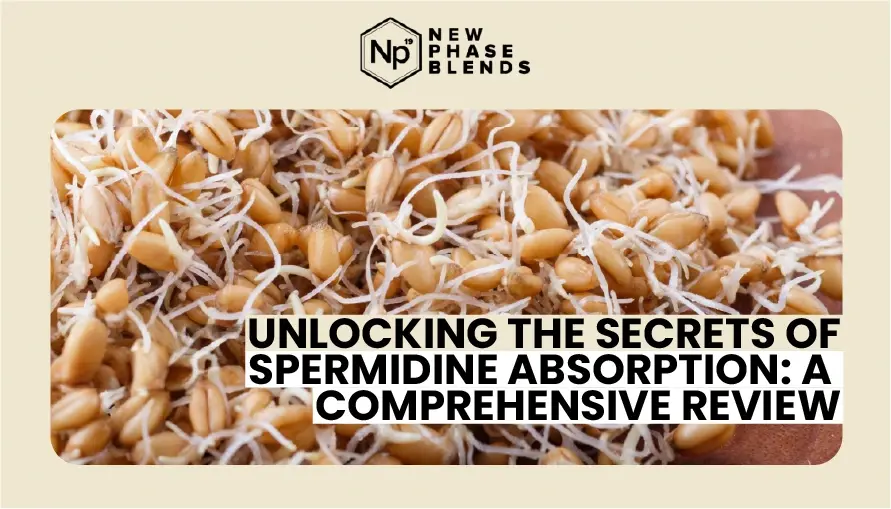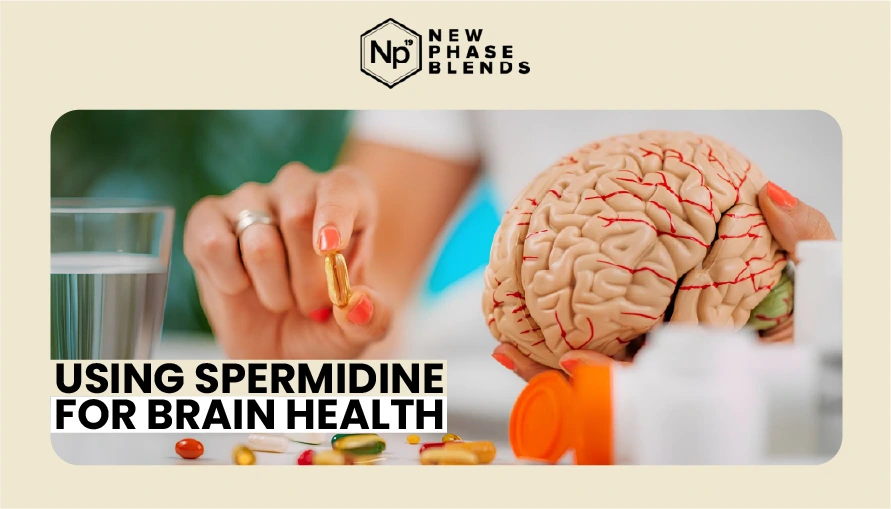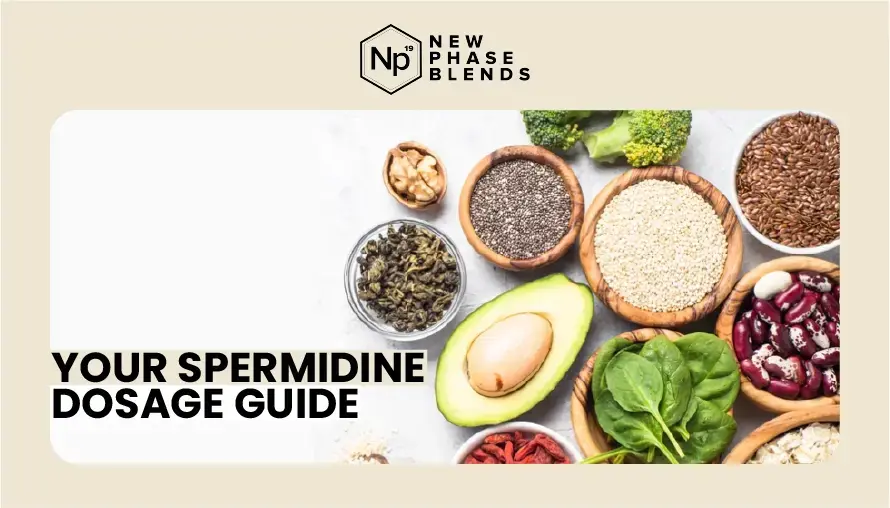Anxiety disorders affect millions of people worldwide, leading many to seek alternative treatments such as cannabinoids—primarily cannabidiol (CBD) and delta-9-tetrahydrocannabinol (THC). Although both compounds originate from the Cannabis sativa plant, they have distinct effects on anxiety. This article explores the differences between CBD and THC, their mechanisms of action, efficacy, potential side effects, legal considerations, and their role in anxiety management.
How CBD and THC Treat Anxiety
CBD and THC affect the ECS, a biological system responsible for regulating mood, sleep, and stress responses. According to WebMD (n.d.-b), THC directly binds to CB1 receptors in the brain, producing psychoactive effects that can alter mood, perception, and cognition. In contrast, CBD interacts indirectly with CB1 receptors and influences serotonin receptors, which are involved in anxiety regulation.
Understanding CBD and THC
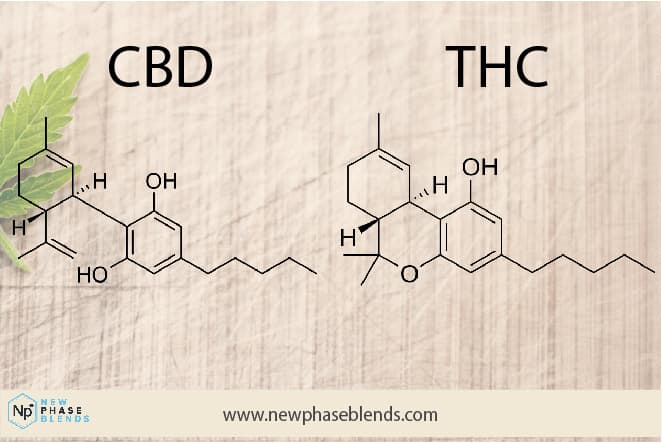
CBD is a non-psychoactive compound derived from cannabis and hemp plants. Unlike THC, it does not produce a “high” and is often used for therapeutic purposes, including anxiety relief (WebMD, n.d.-a). Conversely, THC is the primary psychoactive compound in cannabis, responsible for the euphoric sensations associated with marijuana use (Verywell Mind, 2023). While both compounds interact with the endocannabinoid system (ECS), their mechanisms differ.
CBD VS THC: Which is More Effective For Anxiety?
Both CBD (cannabidiol) and THC (tetrahydrocannabinol) have been studied for their effects on anxiety, but they work quite differently through distinct mechanisms in the body’s endocannabinoid system. These two compounds, though derived from the same plant species Cannabis sativa, interact with our neural receptors in fundamentally different ways, leading to varied outcomes for anxiety sufferers.
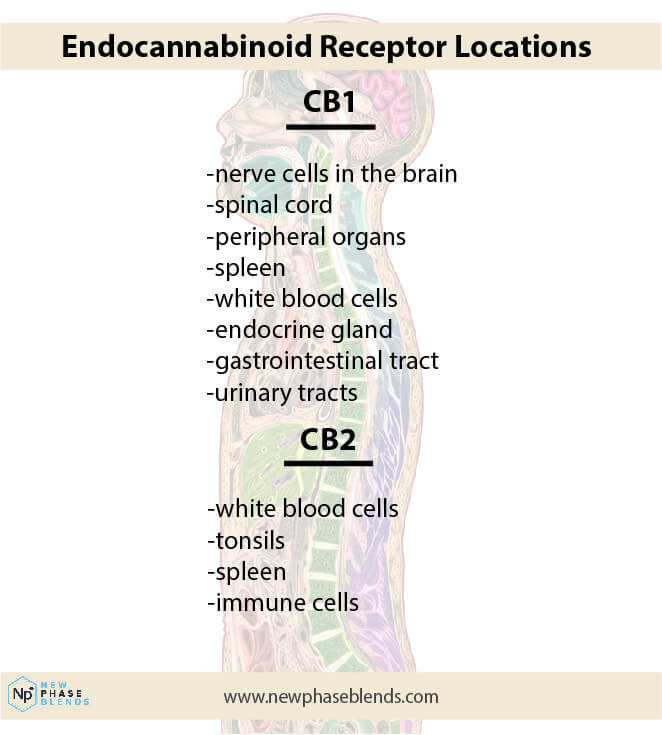
As discussed earlier, CBD primarily works indirectly with CB1 and CB2 receptors while also influencing non-cannabinoid receptors involved in mood regulation, offering a more subtle approach to anxiety management. THC, conversely, binds directly and strongly to CB1 receptors in the brain, creating more immediate and pronounced effects that can be either anxiolytic or anxiogenic depending on dosage and individual sensitivity.
Research continues to evolve in understanding how these cannabinoids affect neurochemistry related to anxiety disorders, with mounting evidence suggesting their therapeutic potential when appropriately administered and monitored.
CBD for Anxiety
According to Medical News Today (2023), CBD has demonstrated significant anxiolytic (anxiety-reducing) properties. Clinical research suggests that CBD-based treatments can reduce anxiety symptoms with minimal side effects. Additionally, preclinical studies indicate that CBD helps modulate stress responses, though further research is necessary to understand its full potential (WebMD, n.d.-b). Read more in our guide to using CBD for anxiety.
- Non-psychoactive: Doesn’t produce a “high”
- Research support: Multiple studies suggest effectiveness for anxiety reduction
- Side effects: Generally well-tolerated with minimal side effects
- Legal status: Widely legal in many places (when derived from hemp with <0.3% THC)
- Mechanism: Works on serotonin receptors and may reduce activity in the amygdala
THC for Anxiety
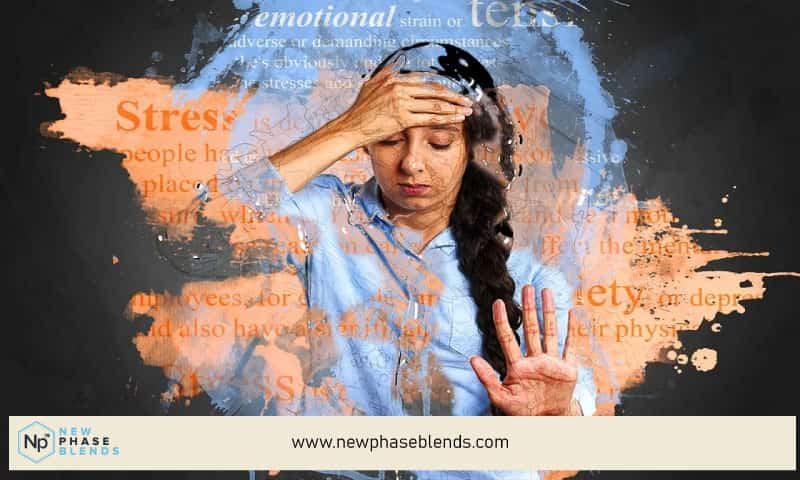
The relationship between THC and anxiety is more complex. Low doses of THC may help alleviate anxiety, but higher doses can increase anxiety and paranoia, particularly in individuals new to cannabis. Additionally, THC may produce opposite effects depending on the user’s tolerance and predisposition to anxiety disorders (WebMD, n.d.-a).
- Psychoactive: Produces the cannabis “high”
- Biphasic effect: Low doses may reduce anxiety, while higher doses can increase it
- Side effects: Can include paranoia, increased heart rate, and cognitive impairment
- Legal status: More restricted, varies significantly by location
- Mechanism: Binds directly to CB1 receptors in the brain
Is CBD or THC Better For Anxiety?
CBD appears to be more consistently effective for anxiety for most people, particularly because:
- It doesn’t have the psychoactive effects that can sometimes worsen anxiety
- It has a better side effect profile
- It’s less likely to interfere with daily functioning
- It’s more accessible legally
If you’re considering either for anxiety management, I’d recommend consulting with a healthcare provider who specializes in cannabis medicine to determine what might work best for your specific situation.
Side Effects and Risks
CBD is generally well-tolerated, with mild side effects such as dry mouth, drowsiness, and appetite changes. However, it can interact with certain medications, so medical consultation is recommended.
THC, on the other hand, poses greater risks, especially in high doses. Many users report that THC use can lead to increased heart rate, coordination issues, memory impairment, and heightened anxiety or paranoia. Prolonged use may also contribute to dependency and worsen mental health conditions in susceptible individuals.
Laws on CBD and THC
CBD and THC are subject to varying legal restrictions worldwide. According to the Farm Bill, CBD derived from hemp (containing less than 0.3% THC) is federally legal in the United States but may be restricted in some states. Meanwhile, THC remains a controlled substance in many regions, with legality largely dependent on medical or recreational cannabis laws. If you are worried about the law, stick with CBD. Consumers should verify local regulations before purchasing or using cannabinoid products.
Choosing Between CBD and THC for Anxiety
When considering cannabinoid-based anxiety treatments, CBD is generally preferred due to its non-psychoactive nature and favorable safety profile. According to Medical News Today (2023), CBD’s efficacy in reducing anxiety makes it a promising therapeutic option. However, some individuals may find relief with THC, particularly at low doses.
Due to individual variability in response, consulting with a healthcare professional experienced in cannabinoid therapy is advised.
Conclusion
Both CBD and THC offer potential benefits for anxiety, but their effects differ significantly. While CBD is widely regarded as the safer and more effective option, THC’s psychoactive properties can sometimes worsen anxiety symptoms. As research continues, personalized treatment approaches and medical guidance will be crucial in determining the most suitable option for individuals struggling with anxiety.



